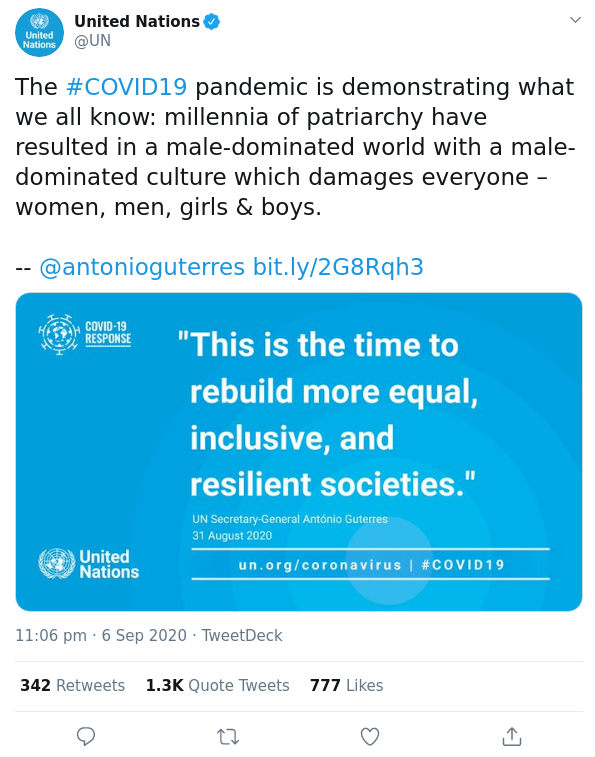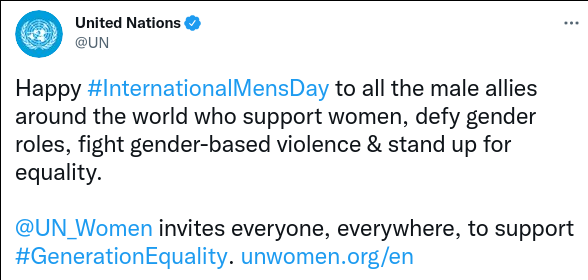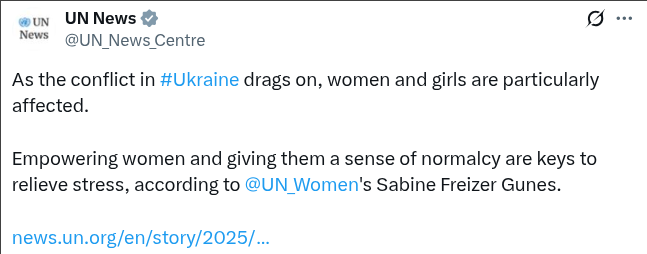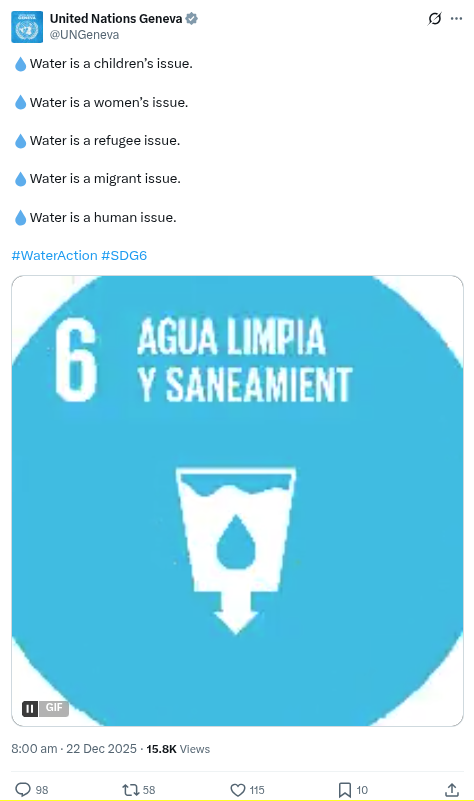United Nations: Difference between revisions
Created page with "Category:United Nations" |
No edit summary |
||
| (32 intermediate revisions by the same user not shown) | |||
| Line 1: | Line 1: | ||
[[File:United Nations Fight For Freedom poster.jpg|thumb|The term ''United Nations'' originally referred to the allies during WW2.]] |
|||
[[Category:United Nations]] |
|||
[[File:United_Nations_Member_States-1945.png|thumb|The UN in 1945: founding members in light blue, protectorates and territories of the founding members in dark blue.]] |
|||
The [[United Nations]], generally known simply as the UN, is an intergovernmental organization whose stated purposes are to maintain international peace and security, develop friendly relations among nations, achieve international cooperation, and serve as a centre for harmonizing the actions of nations. It is the world's largest international organization. The UN is headquartered in New York City (in the United States, but with certain extraterritorial privileges), and the organization has other offices in Geneva, Nairobi, Vienna, and The Hague, where the International Court of Justice is headquartered. |
|||
The UN was established after World War II with the aim of preventing future world wars, and succeeded the League of Nations, which was characterized as ineffective. On 25 April 1945, 50 nations met in San Francisco, California for a conference and started drafting the UN Charter, which was adopted on 25 June 1945. The charter took effect on 24 October 1945, when the UN began operations. The organization's objectives, as defined by its charter, include maintaining international peace and security, protecting human rights, delivering humanitarian aid, promoting sustainable development, and upholding international law. At its founding, the UN had 51 member states; as of 2023, it has 193 – almost all of the world's sovereign states. |
|||
The organization's mission to preserve world peace was complicated in its early decades due in part to Cold War tensions that existed between the United States and Soviet Union and their respective allies. Its mission has included the provision of primarily unarmed military observers and lightly armed troops charged with primarily monitoring, reporting and confidence-building roles. UN membership grew significantly following widespread decolonization in the 1960s. Since then, 80 former colonies have gained independence, including 11 trust territories that had been monitored by the Trusteeship Council. By the 1970s, the UN's budget for economic and social development programmes vastly exceeded its spending on peacekeeping. After the end of the Cold War in 1991, the UN shifted and expanded its field operations, undertaking a wide variety of complex tasks. |
|||
The UN has six principal operational organizations: the General Assembly, the Security Council, the Economic and Social Council, the International Court of Justice, the UN Secretariat, and the Trusteeship Council, although the Trusteeship Council has been inactive since 1994. The UN System includes a multitude of specialized agencies, funds, and programmes, including the World Bank Group, the World Health Organization, the World Food Programme, UNESCO, and UNICEF. Additionally, non-governmental organizations may be granted consultative status with the Economic and Social Council and other agencies. |
|||
The UN is ineffective, biased, and corrupt. It is also highly [[misandric]]. |
|||
== Twitter == |
|||
Example tweets demonstrating open misandry from the UN. |
|||
=== 7 September 2020 === |
|||
[[File:2020-09-07-233737 595x757 scrot.png|300px]] |
|||
=== 20 November 2021 === |
|||
[[File:2021-11-20-170400 588x280 scrot.png|300px]] |
|||
=== 5 September 2025 === |
|||
[[File:2025-09-22-235146 647x254 scrot.png|300px]]<ref>https://x.com/UN_News_Centre/status/1963935152150651329</ref><ref>https://archive.is/wip/uiCLQ</ref> |
|||
=== 22 December 2025 === |
|||
[[File:2025-12-23-012814 474x801 scrot.png|300px]] |
|||
== See Also == |
|||
*[[Gender Inequality Index]] |
|||
*[[UN Women]] |
|||
{{Featured}} |
|||
{{Misandry}} |
|||
{{Organisations}} |
|||
{{UN}} |
|||
{{Wikipedia}} |
|||
Latest revision as of 15:30, 22 December 2025
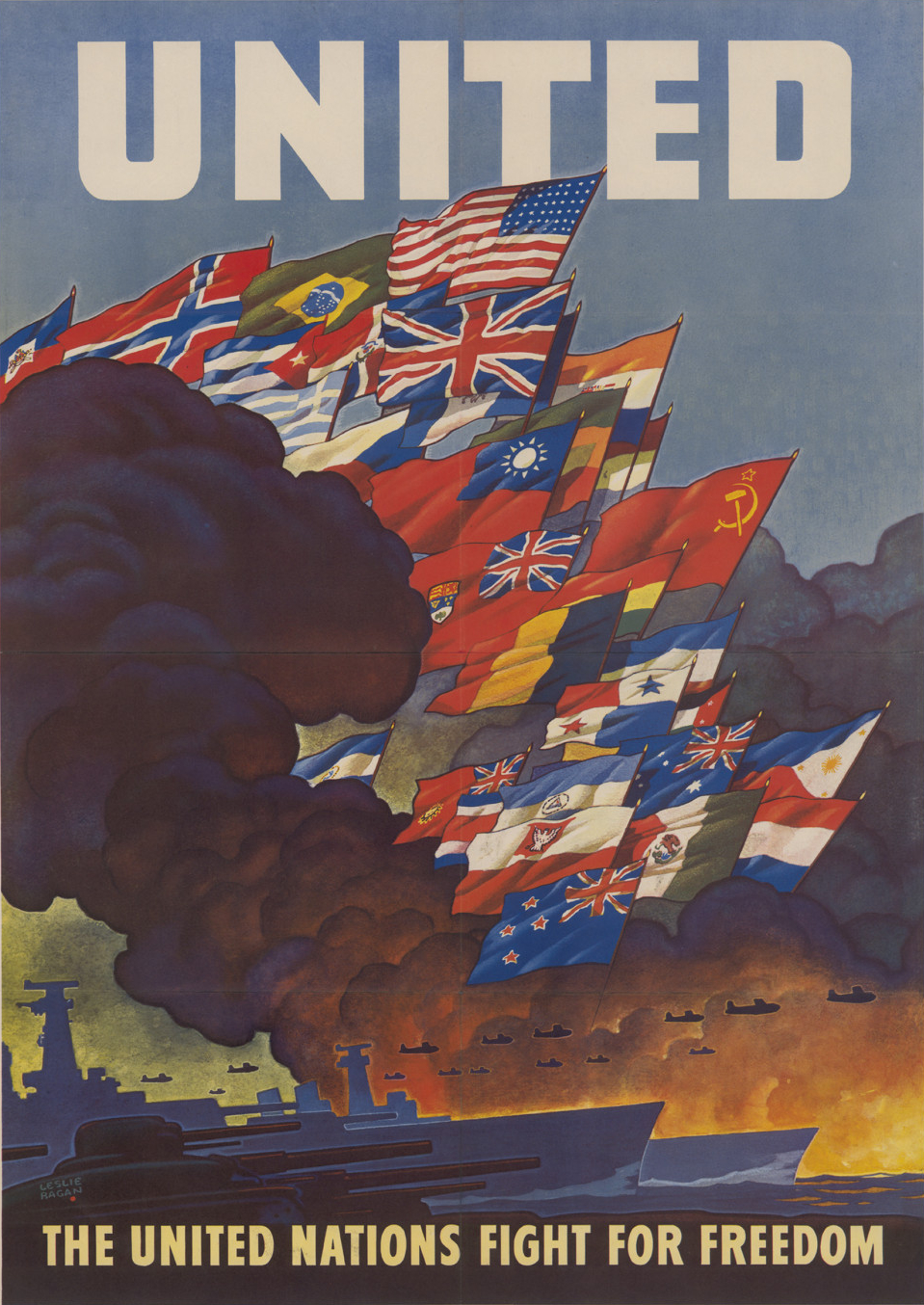

The United Nations, generally known simply as the UN, is an intergovernmental organization whose stated purposes are to maintain international peace and security, develop friendly relations among nations, achieve international cooperation, and serve as a centre for harmonizing the actions of nations. It is the world's largest international organization. The UN is headquartered in New York City (in the United States, but with certain extraterritorial privileges), and the organization has other offices in Geneva, Nairobi, Vienna, and The Hague, where the International Court of Justice is headquartered.
The UN was established after World War II with the aim of preventing future world wars, and succeeded the League of Nations, which was characterized as ineffective. On 25 April 1945, 50 nations met in San Francisco, California for a conference and started drafting the UN Charter, which was adopted on 25 June 1945. The charter took effect on 24 October 1945, when the UN began operations. The organization's objectives, as defined by its charter, include maintaining international peace and security, protecting human rights, delivering humanitarian aid, promoting sustainable development, and upholding international law. At its founding, the UN had 51 member states; as of 2023, it has 193 – almost all of the world's sovereign states.
The organization's mission to preserve world peace was complicated in its early decades due in part to Cold War tensions that existed between the United States and Soviet Union and their respective allies. Its mission has included the provision of primarily unarmed military observers and lightly armed troops charged with primarily monitoring, reporting and confidence-building roles. UN membership grew significantly following widespread decolonization in the 1960s. Since then, 80 former colonies have gained independence, including 11 trust territories that had been monitored by the Trusteeship Council. By the 1970s, the UN's budget for economic and social development programmes vastly exceeded its spending on peacekeeping. After the end of the Cold War in 1991, the UN shifted and expanded its field operations, undertaking a wide variety of complex tasks.
The UN has six principal operational organizations: the General Assembly, the Security Council, the Economic and Social Council, the International Court of Justice, the UN Secretariat, and the Trusteeship Council, although the Trusteeship Council has been inactive since 1994. The UN System includes a multitude of specialized agencies, funds, and programmes, including the World Bank Group, the World Health Organization, the World Food Programme, UNESCO, and UNICEF. Additionally, non-governmental organizations may be granted consultative status with the Economic and Social Council and other agencies.
The UN is ineffective, biased, and corrupt. It is also highly misandric.
Example tweets demonstrating open misandry from the UN.
7 September 2020
20 November 2021
5 September 2025
22 December 2025
See Also
Misandry
Misandry is the hatred of, pathological aversion to, or prejudice against men.[3] The first recorded use of the term dates from the 19th century.[4] At the present time misandry is widespread in Western society but may be in decline.
These days it seems you don't need to look far to see negativity focused at men. What is often known as casual misandry permeates western civilisation where many men and women commonly make negative statements about men without apparently regarding this as a problem or being challenged by anyone else present. This problem has steadily deteriorated and we have now reached the point that books with titles such as Are Men Necessary? When Sexes Collide[5] and The End of Men[6] can be published without significant objection from the wider community.
Negative and inaccurate portrayals of men and boys have permeated mainstream media and online knowledge repositories such as Wikipedia, where the bias is particularly evident. Wikipedia editors routinely write negative commentaries about men and Wikipedia admins protect those commentaries while censoring counter-narratives that might show less biased, more accurate information. This practice is reinforced by feminist editing gangs who congregate in regular 'edit-a-thons'[7][8][9] with the sole purpose of increasing feminist ideology within Wikipedia articles, and to censor male-positive discourse and research on men. In a nutshell those in control of Wikipedia have succeeded in deplatforming much reliable information about men and boys.
Wikipedia
This article contains information imported from the English Wikipedia. In most cases the page history will have details. If you need information on the importation and have difficulty obtaining it please contact the site administrators.
Wikipedia shows a strong woke bias. Text copied over from Wikipedia can be corrected and improved.
- ↑ https://x.com/UN_News_Centre/status/1963935152150651329
- ↑ https://archive.is/wip/uiCLQ
- ↑ https://en.wiktionary.org/wiki/misandry
- ↑ http://www.psychologytoday.com/blog/boys-men/201403/why-is-discussion-boys-and-men-opposed
- ↑ Maureen Dowd., Are Men Necessary?: When Sexes Collide, Berkley (2006)
- ↑ Hanna Rosin., The End Of Men Riverhead Books (2012)
- ↑ Katherine Timpf., ‘Storming Wikipedia’: Colleges offer credit to students who enter ‘feminist thinking’ into Wikipedia. Campus Reform (2013)
- ↑ Wikistorming: Colleges offer credit to inject feminism into Wikipedia. Fox News (2013)
- ↑ https://magenta.as/this-is-what-happens-at-a-feminist-edit-a-thon-for-wikipedia-15baea4ac8cd
